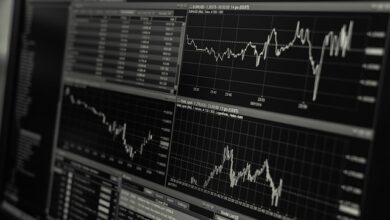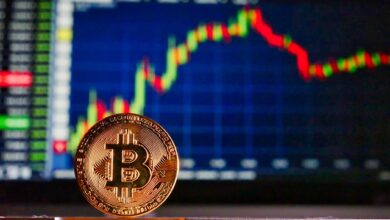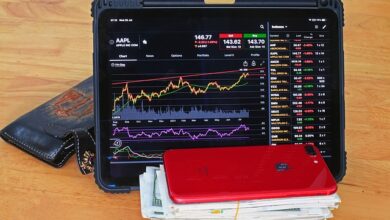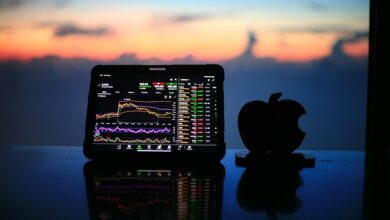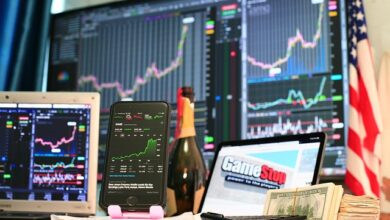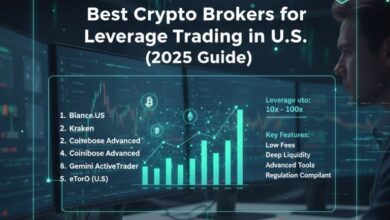This is the ‘biggest mistake’ young investors make
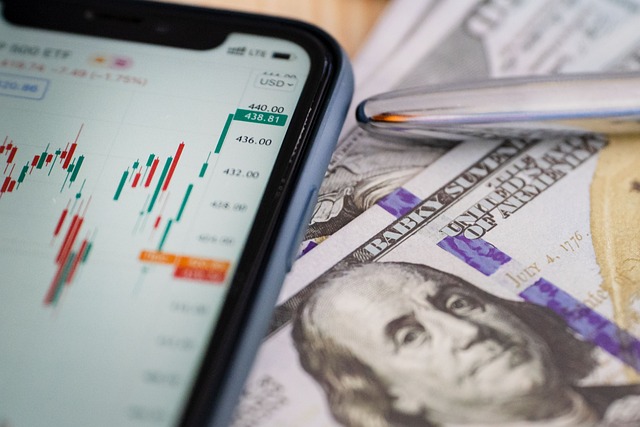
Everyone talks about what moves stocks, which hot crypto to buy, or which fund just surged — but for young investors, there’s one mistake that often looms larger than any other. Let me tell you: the biggest mistake many young investors make is failing to stay invested (or being too reactive) — in other words, over-trading, timing the market, or pulling out during downturns.
If you lose faith and stop investing during a dip, you give up the single greatest advantage you have: time.
In this article, I’ll explore why this mistake is so widespread, what research tells us about its cost, and how you can build habits to avoid it. We’ll close with concrete suggestions so you can invest smarter, not just harder.
Why Young Investors Are Especially Vulnerable
When you’re young, you have a lot going on: work, side hustles, social media, learning about personal finance, volatile markets, peer opinions, and signals everywhere telling you to “get rich fast.”
Two psychological traps tend to pull young people off course:
Emotional reactions — seeing your portfolio drop and panicking.
Overconfidence or hype chasing — thinking you can “beat the market” by timing trades or following trends.
According to Mintos, one of the most common beginner investing mistakes is letting emotions drive decisions. Many new investors buy in enthusiasm (when prices are high) or sell in fear (when prices drop), which is the opposite of what long-term success demands. mintos.com
Investopedia also warns that young investors sometimes speculate instead of investing, making high-risk, short-term bets rather than building a diversified, long-term portfolio. Investopedia
Moreover, lab experiments in behavioral finance confirm that excess trading tends to reduce returns. In one controlled market experiment, researchers found participants traded too frequently, and that behavior was harmful to final wealth outcomes. arXiv
Together, this sets up a trap: you enter the market with enthusiasm, see your balance drop temporarily, and then emotionally “exit” — only to miss out on the recovery and big returns.
The Hidden Cost of Missing the Big Days
Here’s a painful truth: in most long-term bull markets, just a handful of days drive a disproportionate share of returns. If you leave the market during rough patches, you risk missing those critical days.
This has been documented by numerous investment analysts: the largest gains often happen suddenly, after periods of volatility. If you’re out at that moment, you miss them entirely.
In short: staying invested matters more than timing perfectly.
So the real “mistake” is not merely a bad trade — it’s losing faith and stepping away too soon. That’s what costs young investors most in compounding growth lost.
What Research and Experts Recommend
1. Use a Plan — Don’t “Fly by the Seat of Your Pants”
Citizens Bank notes that one of the most common mistakes is lacking a clear financial plan. When you invest with no roadmap, you’re far more likely to react emotionally. citizensbank.com
Set clear goals (retirement, home, travel, side-business seed money) and define how much risk you’re willing to take. That way, when the market wiggles, you don’t lose sight of your long-term destination.
2. Think Long-Term, Not Day-to-Day
Instead of watching your balance daily — which amplifies temptation to tinker — keep your gaze on years, not weeks. Trust that volatility is part of investing and avoid overreacting.
3. Dollar-Cost Average (DCA)
Spread out when you invest, rather than trying to pick “the bottom.” DCA helps reduce the regret of mistimed entries and smooths out volatility. Wikipedia
4. Limit Trading and Fees
Every trade incurs fees, spreads, taxes, and opportunity cost. Over-trading erodes returns. Fidelity warns that avoiding emotional decision-making and minimizing unnecessary trading is a key mistake many are making today. fidelity.com
5. Automate & Discipline
Put your investment on autopilot. Whether it’s monthly transfers to index funds, retirement accounts, or ETFs, automation builds consistency and removes the tug-of-war between your rational plan and emotional impulses.
What This Mistake Costs Young Investors
Compound growth lost — the longer your portfolio sits invested, the more time compound returns work for you.
Tax inefficiency — frequent trading often leads to short-term gains, taxed as income, reducing net returns.
Emotional baggage — a blow-out loss can make you risk-averse, forcing under-investment for years.
Missed opportunity — the few days of massive upward moves often occur unexpectedly; missing them can be devastating.
In contrast, more seasoned investors know: staying invested, even through downturns, is often the difference between average and exceptional returns.
Conclusion: Don’t Let Fear Steal Your Future
Of all the mistakes you can make as a young investor, none is more damaging than losing conviction and pulling out prematurely. If you let emotions, market noise, or short-term drops dictate your moves, you invite underperformance.
Young investors have a powerful advantage: time. Time to recover, absorb losses, and let compound returns do their magic. But that advantage is wasted if you bail during the first crisis.
Final Advice & Actionable Steps
🛠 Build a simple, clear investment plan. Define your time horizon, risk tolerance, and asset mix before trading.
🚀 Automate contributions. Make investing a habit — a portion of each paycheck set aside without thinking.
📉 Expect dips, don’t fear them. When the market falls, don’t exit — it’s part of the ride.
⛔ Set rules for trading. Only rebalance at pre-defined intervals or when your allocation drifts too far out of line.
📚 Educate yourself consistently. Read, follow respected analysts, and track your psychological triggers.
🎯 View mistakes as feedback, not failures. If you made a reactive trade, learn from it — refine your system and move on.
Just a few years of disciplined investing as a young person can set you on a path where compounding becomes your greatest ally — and the emotional storms become less feared, and more manageable.


